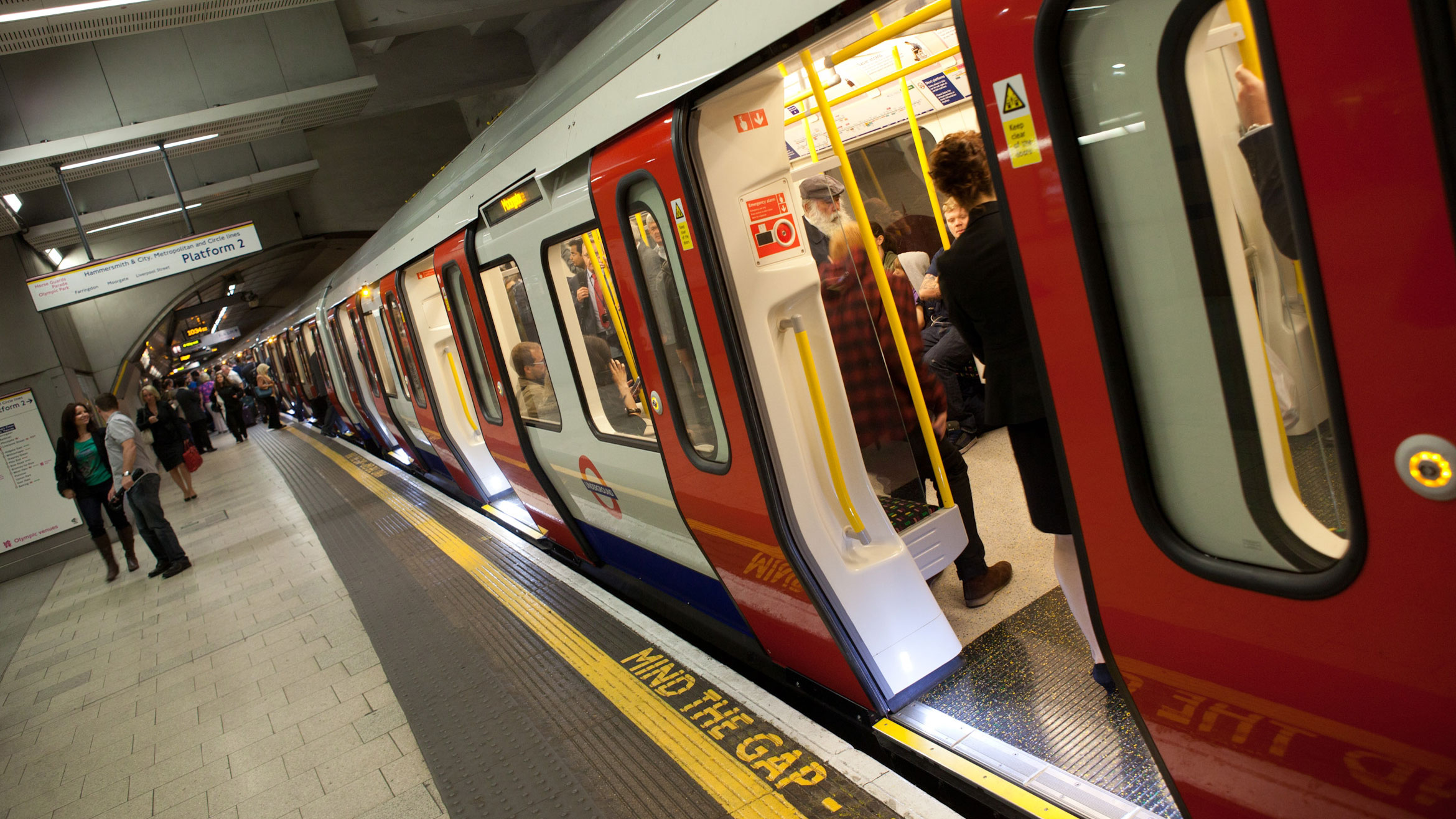Vodafone brings back Wi-Fi for London Underground customers
After a two-year break, free Vodafone Wi-Fi is back on the Tube

Sign up for breaking news, reviews, opinion, top tech deals, and more.
You are now subscribed
Your newsletter sign-up was successful
London Underground travelers now have a reason to look forward to their commute after Vodafone announces the reintroduction of Wi-Fi connectivity to the capital’s rapid transit system.
The service, which is connected to the BAI Communications service platform, will allow users to connect to the internet at more than 260 stations across the Tube network, the company confirmed.
BAI Communications, formerly Broadcast Australia, is an Australian telecommunications systems company. For years now, BAI has been at work with Transport for London (TfL), to bring 4G and 5G coverage to the Tube network. In late December 2022, for example, BAI announced six London Underground stations getting high-speed mobile coverage, including those traveling between Holland Park and Queensway on the Central Line, and those traveling between Kentish Town and Archway on the Northern line.
"Massive benefit"
All four mobile network operators - Three UK, EE, Vodafone, and Virgin Media O2 (VMO2) were participating in the rollout.
As per today’s announcement, Vodafone said that during March 2023 Archway and Tufnell Park stations at the Northern Line have also received mobile coverage, with more stations “on course” to be covered later this year across central London.
For Mark Evers, Chief Customer Officer for TfL, the reintroduction of Wi-Fi will bring “massive benefit” for those using the Tube. “These latest improvements to our Wi-Fi system, as well as the introduction of 4G and 5G coverage at stations and within tunnels across the network, will make it easier for customers to plan their journeys as well as stay in contact with friends and family while on the move,” Evers said.
Travelers on the London Tube enjoyed free Wi-Fi connectivity from 2012 until mid-June 2021 when Vodafone decided to quietly ditch the service and replace it with daily Wi-Fi passes costing approximately $3.7. The move infuriated the customers, with some even calling the move “satanic”.
Sign up to the TechRadar Pro newsletter to get all the top news, opinion, features and guidance your business needs to succeed!
- Here’s our list of the best iWi-Fi extenders tools right now
Sead is a seasoned freelance journalist based in Sarajevo, Bosnia and Herzegovina. He writes about IT (cloud, IoT, 5G, VPN) and cybersecurity (ransomware, data breaches, laws and regulations). In his career, spanning more than a decade, he’s written for numerous media outlets, including Al Jazeera Balkans. He’s also held several modules on content writing for Represent Communications.